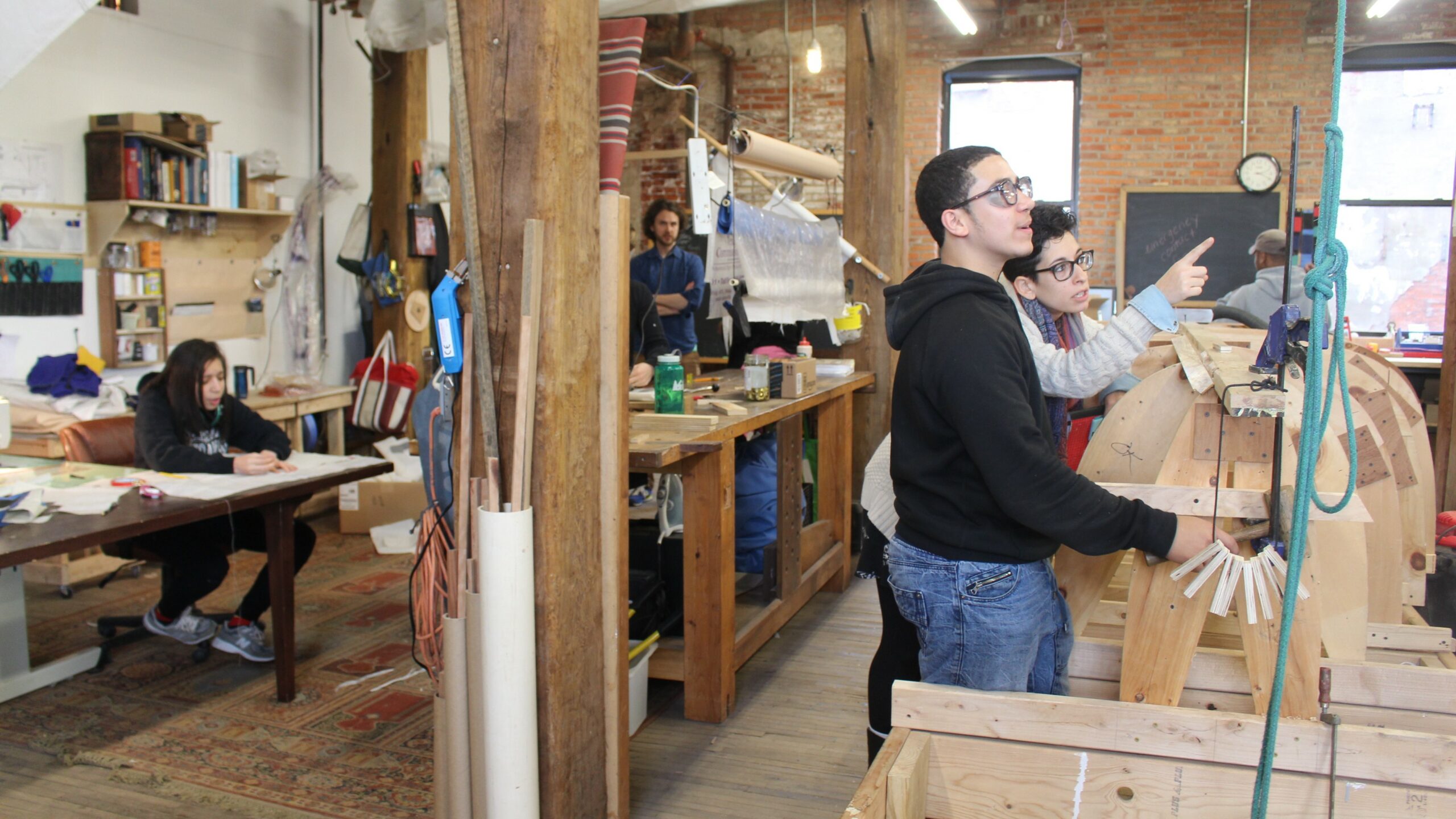There is little doubt that we are seeing a dramatic shift in the way we work. The COVID-19 pandemic has added uncertainty to the workforce and has compelled employers around the world to quickly change how they do business. It is also going to influence how employers could–and should–prepare their employees for the future of work, according to the just-released Mercer 2020 Global Talent Trends report.

“Balancing economics and empathy in all people decisions is important, even more so now as we face questions, concerns and the uncertainty of a global pandemic,” says Ilya Bonic, President of Mercer’s Career and Head of Mercer Strategy.
“Organizations need to have a financial model and cultural mindset that enables them to prepare for and invest in the future. This rethinking of purpose and priorities is vital across organizations, but especially for HR.”
Win with Empathy
The annual report was created from input received from more than 7,000 C-suite executives, human resource leaders, and employees from 34 countries, and was conducted before the current global health crisis. But in a web briefing with reporters, and in a news release, Mercer acknowledged that the COVID-19 pandemic should be top of mind for companies and hiring managers moving forward.
“Particularly in challenging times, leading employers are focusing on their workforce, specifically fostering healthy lifestyles, supporting financial wellness, and providing skills and training as careers change due to AI and technology developments.” In 2020, more than ever, “the human agenda is the business agenda” and companies and HR leaders will “win with empathy” for their employees, advises Mercer.
Mercer Global Practices Leader Kate Bravery says, “Nothing about this year is business as usual. This is the beginning of a more responsible era. Leading firms are reconfirming their commitment to people’s health and well-being.” That includes looking at how they are preparing for changes in the workforce of the future.
“Digital transformation is happening as we speak.”
The report finds that 34 percent of workers think their jobs will be replaced in three years, 61 percent believe their companies are preparing them for the future of work, and 55 percent trust their employers will reskill them if automation calls for changes in their present jobs.
Gregg Passin is a Senior Partner for Mercer. “It’s important for HR to cultivate a culture of trust and transparency. Organizations need to be open about the impact of AI and automation on jobs, and redesign lifelong learning. There needs to be room for workers to experiment with different futures,” according to Passin.
Before COVID-19, reskilling was the number one topic that Mercer’s U.S. Talent Solutions Leader Mary Ann Sardone heard about from HR executives. “This just got real for us in this crisis. This topic of reskilling is more relevant than ever. Digital transformation is happening as we speak.”
Forty-five percent of executives believe that employees can adapt to a new way of working and 41 percent feel investing in future learning and employee reskilling will give them their biggest returns on investment. Ninety-nine percent of organizations are “embarking on transformation and report significant skills gaps,” but 78 percent of workers say they are ready to learn new skills.
Sardone says employers need to look past the functionality of the job and also consider the human skills. According to Sardone, “Skills are hard to see in silos. There has to be adaptability and visibility which requires agility.” The report says that in 2025, human resources will place high value on skills including agile transformation, design thinking, entrepreneurship, digital marketing, and data visualization.
Sardone also notes that in 2019, there was an estimated $900 billion in lost revenue because of failed digital transformation.
Companies Should Know Their People
According to the study, the employee experience is “the intersection of an employee’s expectations, the environment, and events that shape their journey within the organization.” The report says heightening the employee experience is HR’s top priority. Fifty-eight percent of companies are transforming HR practices to become more people-centric.
Summarizing the report, Bravery says, “There is the opportunity to test many exciting possibilities for the future.” Acknowledging the pandemic, she adds, “Changes will reverberate long beyond the contagion.”











